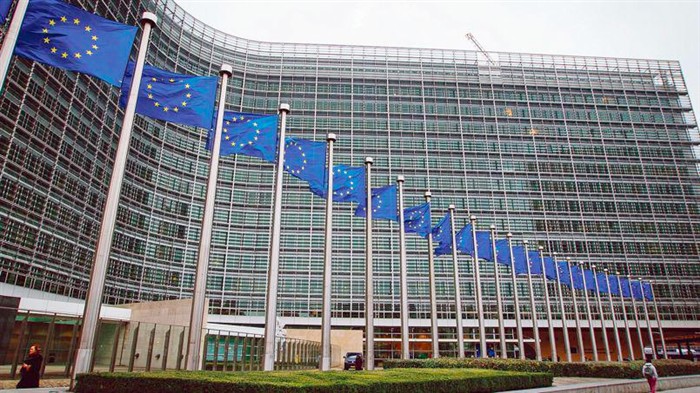EU Looks To Take Lead On Industrial Data

Data and AI strategy set for launch this week advances bloc’s efforts to build industrial data powerhouse while fending off competition from US and China
The European Union is set to unveil a new data and artificial intelligence strategy this week that aims to take control of the bloc’s industrial data, heading off competition from the US and China.
The strategy marks a turning point for the EU, which is coming to grips with the dominance of foreign firms over the collection and processing of personal data, as well as the departure of the UK as Brexit progresses.
In response, officials are looking to phase out the relatively free-market approach of the early 2000s in favour of regulations that protect locally based businesses, said Thierry Breton, commissioner for the EU’s single market.
“The battle for industrial data starts now, and the main battlefield will be Europe,” Breton told Reuters.

Data drive
He said he sees the next phase of the digital revolution as focusing on the collection, management and analysis of data from sectors including industry, transport, energy and healthcare.
He said Europe compares favourably to the US and China where it comes to industrial know-how, giving the continent a valuable edge where it comes to the strategic use of data.
“The bulk of the industrial value chain, from large groups to SMEs, is based in Europe today,” Breton said.
Going forward, conditions don’t necessarily favour the giant enterprises that presently dominate areas such as cloud computing, which Breton said he sees breaking up into more decentralised and secure “mini-clouds”.
Leaks ahead of the strategy’s official unveiling on Wednesday indicate the European Commission plans to introduce a three-pronged approach centred on introducing tighter regulations, investing in infrastructure and bringing in sector-specific approaches.
Cross-border collaboration
The plan is expected to introduce a single market in data including rules to foster cross-border data use, data standards and interoperability, while scrapping regulations that hinder data-sharing.
Officials may also bring in rules to prevent large online platforms from imposing themselves as data gatekeepers.
Breton met with Microsoft chief executive Satya Nadella at last week’s global security conference in Munich and is set to meet with Facebook chief Mark Zuckerberg in Brussels on Monday.
Also at the Munich conference, French president Emmanuel Macron called for Germany to take a more active role in EU reforms.
He called for “clear answers” from both France and Germany and said he was “not frustrated, but impatient” over the lack of a German response to his proposals for a post-Brexit overhaul of the bloc, Euractiv reported.